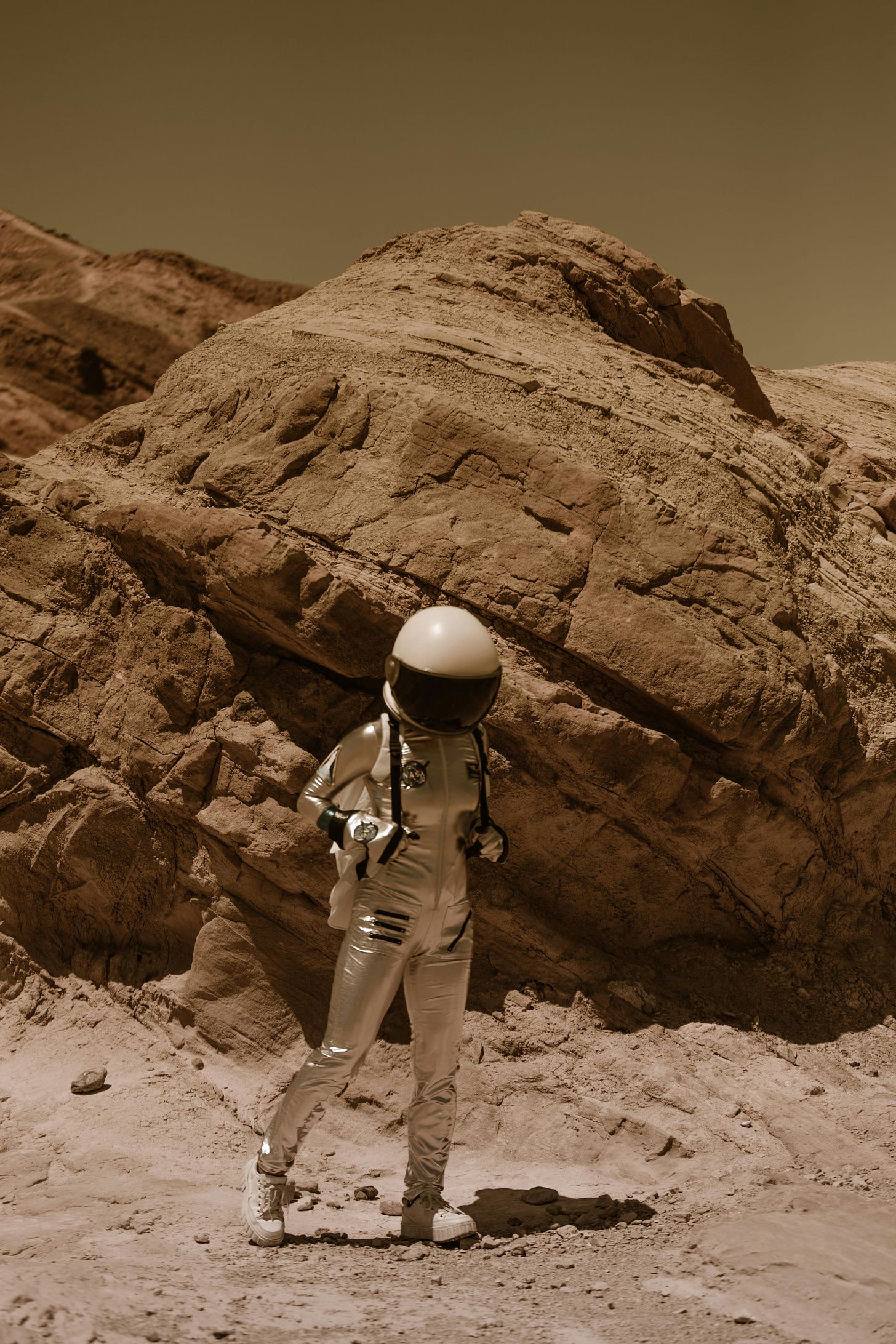Mars Colonization: The Challenges and Opportunities of Settling the Red Planet
Introduction
As humanity stands on the brink of a new era of exploration, Mars has emerged as a focal point in the quest for interplanetary colonization. The Red Planet, with its striking landscapes and potential for harboring life, offers a tantalizing opportunity for the future of humanity. However, while the allure of colonizing Mars is undeniable, it is fraught with numerous challenges and complexities that must be addressed. This article explores both the opportunities presented by Mars colonization and the myriad challenges that must be overcome to make this dream a reality.
The Opportunities
1. Scientific Advancement
Colonizing Mars presents a unique opportunity for scientific research. The planet’s geology, climate and potential for past life can provide invaluable insights into the history of our solar system and the conditions necessary for life. Establishing a human presence on Mars would allow for extensive exploration of its surface, including the study of its polar ice caps, ancient riverbeds and volcanic structures. Furthermore, understanding the planet’s climate patterns could improve our knowledge of climate change on Earth, offering lessons that can be applied to our own planet’s future.
2. Technological Innovation
The challenges of reaching and living on Mars will necessitate significant advancements in technology. Developing life-support systems, sustainable energy sources and efficient transportation methods, will push the boundaries of current engineering and scientific capabilities. Innovations in these areas may have broader applications on Earth, particularly in renewable energy and resource management. The technologies developed for Martian colonization could lead to breakthroughs in fields such as robotics, agriculture and materials science, benefiting humanity as a whole.
3. Economic Expansion
Mars colonization could open new avenues for economic growth. The potential for mining rare minerals and resources found on Mars presents an exciting prospect for industries on Earth. The extraction of water from Martian ice, for instance, could support human settlements while serving as a resource for hydrogen fuel production. Moreover, establishing a self-sustaining colony could create jobs and drive investment in sectors ranging from aerospace to agriculture, stimulating economic activity on a global scale.
4. The Human Spirit of Exploration
The desire to explore and push the boundaries of human capability is ingrained in our nature. Colonizing Mars is the next logical step in humanity’s exploration of space. This venture could inspire future generations to pursue careers in science, technology, engineering and mathematics (STEM), fostering a new era of innovation and discovery. The collective endeavor of establishing a colony on Mars, could unify nations and peoples, as we work together to achieve a common goal that transcends national borders.
The Challenges
1. Environmental Conditions
Mars poses a range of environmental challenges that make colonization difficult. With surface temperatures averaging around -80 degrees Fahrenheit (-62 degrees Celsius) and a thin atmosphere composed primarily of carbon dioxide, humans would require robust habitats equipped with life-support systems. Radiation exposure is another significant concern; Mars lacks a protective magnetic field, meaning colonizers would be vulnerable to harmful cosmic rays. Developing effective shielding and protective measures will be crucial to ensuring the safety and health of Martian settlers.
2. Transportation and Logistics
Reaching Mars presents its own set of logistical challenges. Current space travel technology requires months to travel to Mars, posing risks related to the health and well-being of astronauts on long-duration missions. Developing faster and more efficient propulsion systems, such as nuclear thermal propulsion or ion drives, is essential for making travel to Mars more feasible. Moreover, establishing a reliable supply chain for resources and equipment will be necessary to support both initial missions and long-term colonization efforts.
3. Psychological and Social Factors
The psychological effects of living in isolated and confined environments on Mars cannot be underestimated. Astronauts may face mental health challenges due to the lack of social interaction, limited recreational opportunities and the stress of living in a foreign environment. Building a sustainable and supportive community will be essential for maintaining mental health and ensuring the productivity of Martian settlers. Understanding the dynamics of group behavior in such extreme conditions will be a crucial aspect of colonization planning.
4. Ethical and Governance Issues
The prospect of colonizing Mars raises ethical questions regarding the rights of potential Martian inhabitants, the impact on any existing microbial life and the governance of a Martian colony. Should Mars be considered the common heritage of humanity or can nations stake claims to its resources? Establishing a framework for governance and ethical guidelines will be paramount to ensuring that colonization efforts are conducted responsibly and sustainably.
Conclusion
The colonization of Mars represents a monumental challenge filled with profound opportunities. From advancing scientific knowledge to fostering technological innovation and economic growth, the benefits of settling the Red Planet are vast. However, the challenges—ranging from environmental conditions to psychological factors and ethical considerations—must be carefully addressed. As humanity embarks on this bold venture, it is crucial to approach Mars colonization with a spirit of cooperation, responsibility and respect for the cosmos and our home planet. By doing so, we can turn the dream of Mars colonization into a reality that benefits not only those who venture to the Red Planet but also humanity as a whole.
References
The Planetary Society discusses various challenges, such as the lack of a magnetic field on Mars leading to high levels of radiation, communication delays, and the harsh climate. It emphasizes the importance of developing advanced technologies for radiation shielding and life support systems to ensure the safety of future settlers.
SpaceTech Media highlights not only the environmental challenges posed by Mars, including its extreme temperatures and thin atmosphere, but also the technological advancements that are being developed to address these issues. The article discusses in-situ resource utilization (ISRU) as a strategy to create a self-sustaining ecosystem on Mars, which is crucial for long-term colonization efforts.
New Space Economy delves into the ethical considerations surrounding one-way missions to Mars. It raises questions about informed consent for astronauts, the governance of a Martian settlement, and the potential benefits of establishing a human presence on another planet. This perspective underscores both the risks and the scientific opportunities that Mars colonization could offer.





